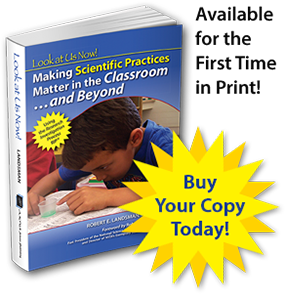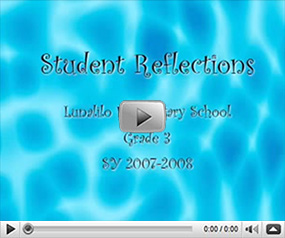6. Are the answers to the investigations that students will conduct as part of the classroom experience already known? Does scientific inquiry always have to be “open-ended”?
RIP scientific inquiry is typically open-ended. “Open-ended” inquiry pertains to inquiry for which the outcome is unpredictable or uncertain prior to the investigation (Landsman, 2006; Martin-Hansen, 2002; National Research Council, 2000). The practice of authentic science dictates that the outcome will be uncertain as this is the nature of true inquiry in science. Outcomes for all but one of the inquiries contained in this book were unknown to both the students and their teachers prior to the completion of their investigations. The excitement and lure of the “unknown” is perhaps the most powerful magnet pulling the scientist through the “tough times” encountered during the conducting of an investigation (e.g., days, weeks, or even months of tedious data collection) and this same force can draw students toward the achievement of Goal 1 of the National Science Education Standards (NSES), “experience the richness and excitement of knowing about the natural world” (National Research Council, 1996), in spite of challenges they may encounter along the way. However, this does not mean that there is no value in encouraging students through an inquiry that has a known outcome if, in fact, the outcome is NOT known to the student (as demonstrated in Chapter 8 of Look at Us Now! Making Scientific Practices Matter in the Classroom…and Beyond). The most important outcome is not necessarily arriving at the right answer, but the thinking process involved in obtaining an answer and interpreting it.
Your Shopping Cart
Ordering five (5) or more copies? Contact us for a special volume discount.
Read the Foreword
Enter your name and e-mail address below for immediate access to read the complete Foreword, written by Dr. Robert E. Yager, in its entirety.


 ANOVA Science
ANOVA Science